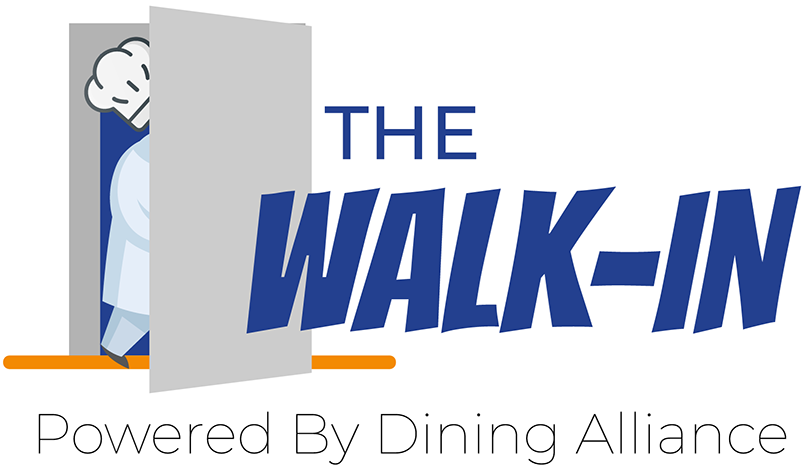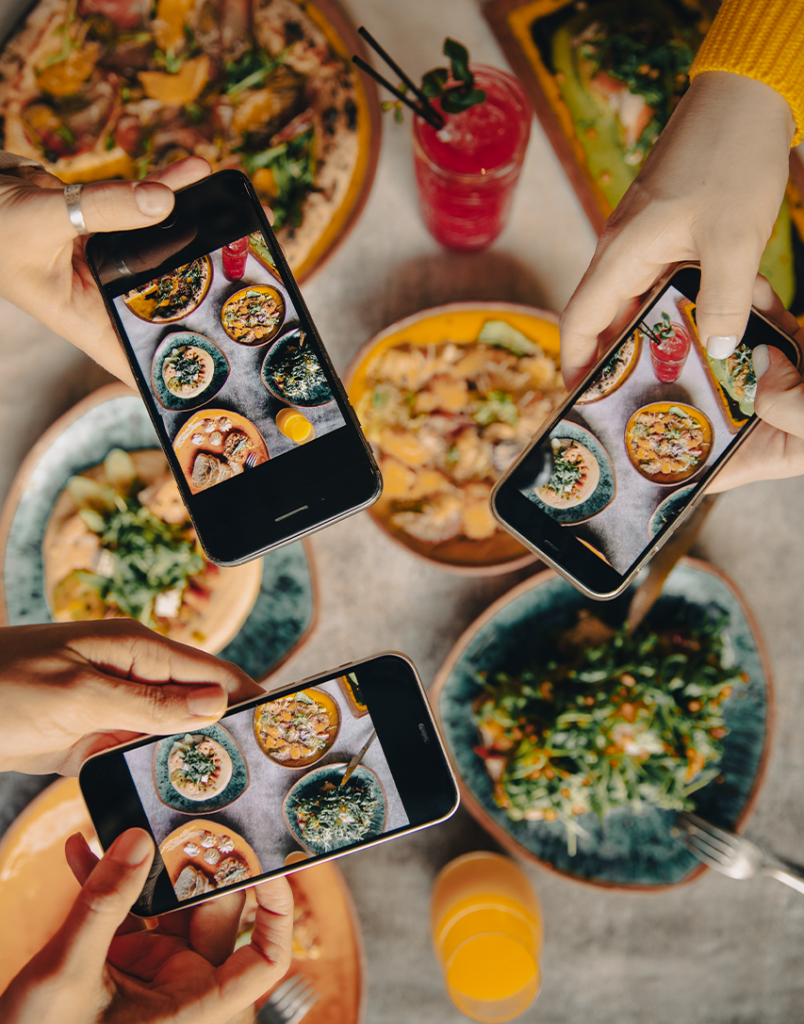As an independent restaurant operator, standing out from the competition can often feel like an uphill battle. You’re constantly faced with the challenge of attracting new customers while keeping your existing ones coming back for more.
One of the most powerful tools at your disposal is social media.
According to the National Restaurant Association, the top “Macro Trend” in the 2024 What’s Hot Culinary Forecast is incorporating social media trends into restaurant menus and marketing.
With hungry patrons heading to their cell phone to find their next meal, restaurants are creating innovative dishes using viral foods and ingredients and using social media to spread the word. But is marketing on social media really worth the effort for restaurants?
Let’s dive into why leveraging social media can be a game-changer for your restaurant.
The Power of Social Media for Restaurants
Social media platforms like Instagram, Facebook, and Twitter have revolutionized the way businesses connect with their customers. With billions of active users worldwide, these platforms offer an opportunity to reach a larger audience.
Whether it’s showcasing your mouth-watering dishes, sharing behind-the-scenes glimpses of your kitchen, or engaging with customers in real-time, social media allows you to tell your restaurant’s story in a compelling and authentic way.
Benefits of Social Media Marketing
Using social media for marketing can offer numerous benefits for restaurants:
- Increased Visibility
- Brand Building
- Customer Engagement
- Promotions and Special Offers
- User-Generated Content
- Insights and Analytics
- Competitive Advantage
Overall, leveraging social media for marketing can help restaurants increase their visibility, build their brand, engage with customers, promote their offerings, generate valuable content, gain insights into their audience, and maintain a competitive edge in the industry.
Building Your Brand on Social Media
Your restaurant’s brand is more than just its logo and color scheme—it’s the essence of what sets you apart from the competition. Social media provides a platform for you to communicate your brand’s identity and values to your audience.
From creating visually stunning posts to crafting engaging captions, every element of your social media presence should reflect your unique personality and style. By consistently reinforcing your brand message across different platforms, you can establish a strong and recognizable presence in the minds of your customers.
Engaging with Your Audience
One of the greatest advantages of social media is its ability to facilitate two-way communication between businesses and customers. By actively engaging with your audience through comments, messages, and user-generated content, you can foster a sense of community and loyalty around your restaurant.
Encourage customers to share their dining experiences on social media, and don’t forget to show your appreciation by liking, commenting, and reposting their content. By building meaningful connections with your followers, you can turn casual diners into loyal advocates for your restaurant.
Driving Sales and Promotions
In addition to building brand awareness and fostering customer engagement, social media can also be a powerful tool for driving sales and promotions. Whether you’re promoting a special offer, announcing a new menu item, or hosting an event, social media allows you to reach your target audience with pinpoint accuracy.
By leveraging features like targeted advertising and sponsored posts, you can ensure that your promotional efforts are seen by the right people at the right time. And with the ability to track metrics such as engagement rates and conversion rates, you can measure the success of your campaigns and make data-driven decisions to optimize your marketing strategy.
Measuring Success and Adjusting Strategies
As with any marketing effort, it’s essential to track your progress and adjust your strategies accordingly. Social media analytics provide valuable insights into how your posts are performing, allowing you to identify what’s working well and what could use improvement.
Pay attention to metrics such as:
- Reach
- Engagement
- Click-Through Rates
These metrics are used to gauge the effectiveness of your social media efforts. And don’t be afraid to experiment with different types of content, posting frequencies, and advertising tactics to see what resonates best with your audience.
By staying agile and adaptable, you can ensure that your social media strategy remains effective in the ever-changing landscape of digital marketing.

The question of whether to invest in social media marketing for your independent restaurant isn’t a matter of “marketing hard or hardly marketing”—it’s a matter of survival in today’s competitive industry. By leveraging the power of social media to build your brand, engage with your audience, drive sales, and measure success, you can position your restaurant for long-term success and sustainability.
So roll up your sleeves, fire up your smartphone, and start harnessing the full potential of social media to take your restaurant to new heights! Remember, not only should you be leveraging social media to reach a wider audience, but you can also identify new opportunities and new customers when you partner with industry experts such as Dining Alliance.









